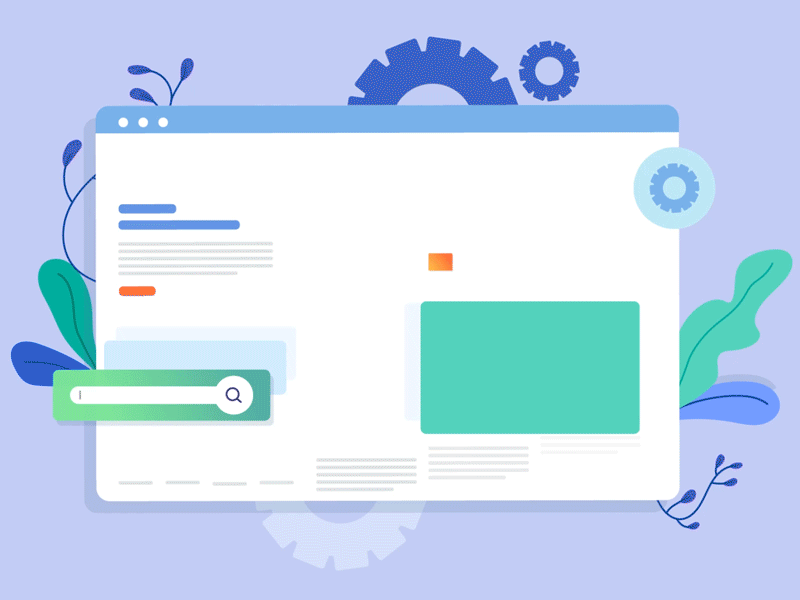Winning the click.
Web Traffic
Complementary Benefits
Buying Cycle


FAQs
Yes, your business should be investing in SEO. Search engine optimization offers a way to increase traffic without paying for each and every click.
When you run PPC ads, you’ll be charged for every single click that comes to your website through that channel. However, if your website ranks organically on the search engines, this traffic is essentially free (at least in terms of a cost-per-click). Of course, it takes investment into skills and resources to rank a website on the SERPs.

You can’t jump into an SEO strategy blind. You need to know what people are searching for on Google to find businesses just like yours to optimize your site for these terms. You can do this either using Google’s Keyword Planner or the SEMrush Keyword Magic Tool. Load up the tool and enter a term that you think people would use to find your business online. You’ll then be served a whole host of related keyword suggestions, including their monthly search volume.
If your website isn’t ranking on Google, there are a few reasons why that could be. But first, head to Google and run a site: search for your website.
e.g., “site:semrush.com”

If you see your site’s web pages listed, you know that your site is indexed. Reasons why your website isn’t ranking could be that:
- Your site is new and hasn’t built up sufficient authority to rank for competitive search queries. You can’t launch a website and expect to rank for your target queries overnight; you need to demonstrate that you deserve to rank.
- Your content doesn’t match the searcher’s intent or lacks in-depth analysis or quality compared to the pages that rank for the queries you’re looking at. You need to ensure that the pages you serve are at least as good as, ideally better than, what’s already ranking.
You need to determine whether your website’s organic traffic has dropped suddenly or gradually over time.
If this has happened suddenly…
- Check whether or not your website has accidentally had noindex tags added. This can sometimes happen when developers move a site from a test environment to live, forgetting to remove these. If these are left in place, they will cause your website to be de-indexed. If you use WordPress, check:
Settings > Reading > Search Engine Visibility
This box should not be ticked.
- Check Google Search Console to see whether your site has been removed from the SERPs due to malware. If Google deems that your site could be harmful to users, you may find that this happens, usually, if your site has been hacked. You can find out more about how to request a review once you’ve fixed the issues.
Well, as is the answer for many SEOs: it depends.
Long gone are the days of launching a website, optimizing your title tags, and ranking in a few weeks. You can’t launch a website and expect it to rank for competitive search queries overnight. It takes time for a website to perform organically as Google ranks relevant sites that have built up authority.
You need to earn your way to the top of Google and deserve to be there.
A good answer is somewhere between six months and one year, but this is very much based on the level of resources you allocate to your strategy, the level of competition, and what others who compete for the same queries are doing.
It might only take a few months to rank for a local term (e.g., plumber in [location]), whereas it could take years to rank a new website for, let’s say, the term “laptops.”
And Google’s John Mueller recently said that it could take up to a year for them to figure out where a new site should rank, and that fluctuations are expected during this timeframe.
Back in 2016, Google confirmed its top 3 ranking factors as links, content, and Rank Brain.
And in reality, optimizing for these factors means creating great content that other websites want to link to and that Google can understand as the best result for any given search query.
But various ranking factor studies have delved deeper into Google’s algorithm to shine a light on those areas that have the most significant impact on organic performance.
For example, take the SEMrush Ranking Factors 2.0 study, which highlighted additional factors such as:
- Time on site
- Total referring domains
- Content length
- Followed backlinks
- And more









